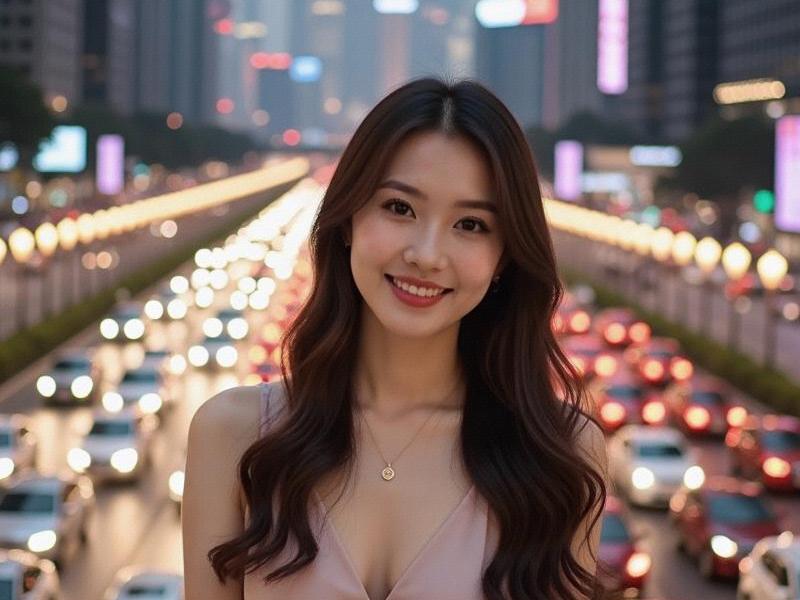This investigative feature explores Shanghai's transformed entertainment landscape post-pandemic, where traditional KTV parlors evolve into high-tech social hubs and members-only clubs become extensions of corporate boardrooms. Through exclusive access to venues like M1NT and UP Shanghai, the report reveals how China's financial capital blends Eastern hospitality with Western luxury while navigating strict regulatory frameworks.

The glow of Shanghai's entertainment district pulses with new energy as dusk falls over the Huangpu River. Behind the unmarked doors of buildings in the French Concession and along the Bund, a nocturnal economy worth $3.2 billion annually thrives—one where vintage cognac flows as freely as business contracts, and where karaoke lyrics carry the weight of billion-dollar negotiations.
From KTV to Corporate Power Centers
The humming of laser projectors replaces stale cigarette smoke in Shanghai's next-generation entertainment venues. At Dragon Gate's flagship location near Xintiandi, 128 AI-enhanced VIP rooms feature real-time language translation for international clients and blockchain-powered tab systems. "Our members conduct 40% of their annual deal-making here," reveals general manager Lucas Wang, showing a room where the marble table transforms into an interactive display with document-sharing capabilities.
夜上海419论坛 This evolution reflects broader socioeconomic shifts. Where entertainment venues once served primarily leisure functions, they now fulfill crucial business networking roles in a city where 68% of major transactions involve after-hours socialization—a 22% increase since 2022 according to Shanghai Chamber of Commerce data.
The New Rules of Exclusivity
Membership economics dominate Shanghai's elite club scene. At establishments like The Chamber in Jing'an District, $80,000 annual fees gartnaccess to biometric-secured lounges and concierge services that arrange introductions between compatible industries. "We're not selling alcohol, we're curating ecosystems," explains founder Vivian Du, whose clientele includes tech unicorn founders and Fortune 500 China executives.
上海龙凤千花1314
Cultural fusion defines the experience. At Zhong Club, mixologists deconstruct baijiu into molecular cocktails while DJs blend traditional erhu with deep house. Such innovations reflect what sociologist Dr. Emma Chen calls "the Shanghai Compromise"—balancing Communist Party directives about healthy entertainment with globalized luxury expectations.
Regulation and Innovation
上海龙凤sh419 Following 2024's "Spiritual Civilization" guidelines, clubs implement creative compliance measures. UP Shanghai maintains a "sober zone" with art exhibitions by day, while K.ONE's facial recognition system links to police databases—measures that paradoxically enhance exclusivity by ensuring clientele meet wealth and status thresholds.
The expatriate experience evolves too. At The Roost in Former French Concession, "Cultural Liaisons" help foreign executives decode Shanghai's nuanced business-entertainment rituals. "Understanding when to sing during KTV sessions can make or break deals," notes American banker James Wilcox during a whiskey tasting featuring Shanxi-aged single malts.
Future Horizons
As Shanghai aims to become Asia's premier nighttime economy destination by 2030, hybrid models emerge. Yoga clubs transition into champagne lounges at midnight, while tea ceremony parlors hide speakeasy entrances. With the city's entertainment sector projected to grow 18% annually, one truth remains: in Shanghai, the night is always being reinvented—one carefully curated experience at a time.